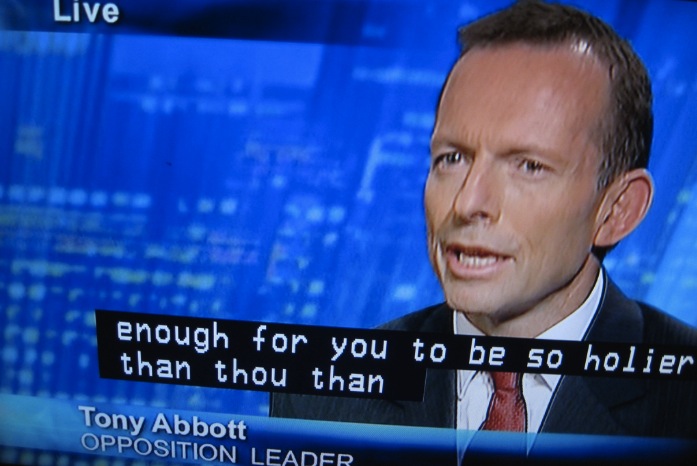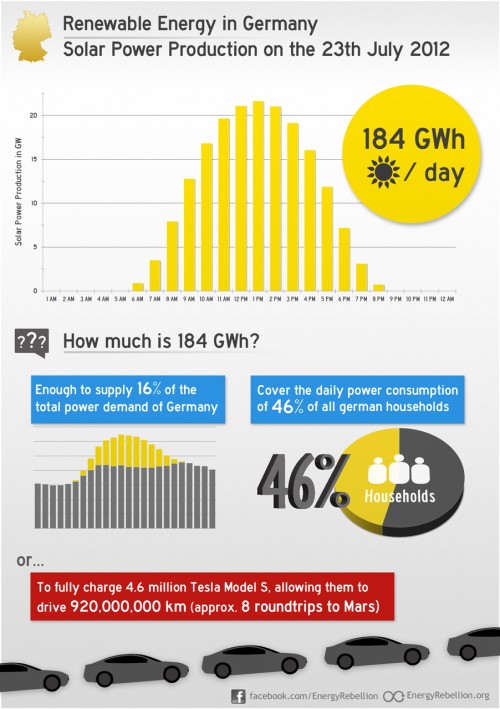
The news of a Inquiry into Solar at Port Augusta is awesome! But let’s hope it is not hijacked by vested interests…
Recent efforts by solar activists to force the South Australian government to replace the current coal-fired station at Port Augusta with a solar thermal power station appear to have borne some fruit. Last week SA Energy Minister Tom Koutsantonis announced the setting up of an inquiry into the feasibility of building a solar thermal power plant to replace the ageing fossil fuel plants that currently supply 40 percent of SA’s energy. [Read more…]









 RSS - Posts
RSS - Posts



Currently Raging Debates: